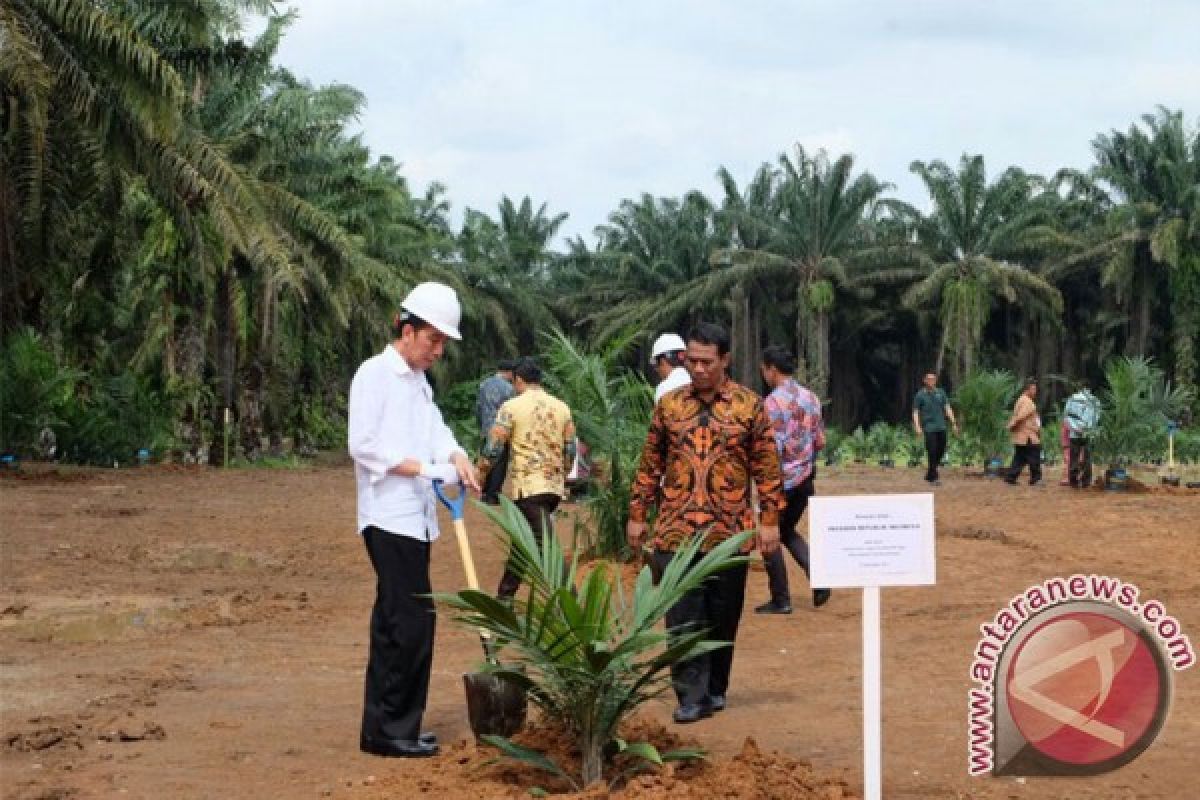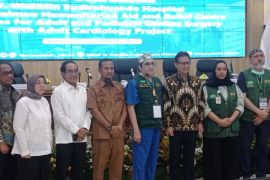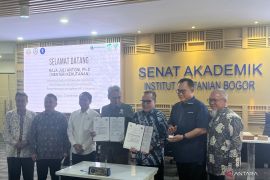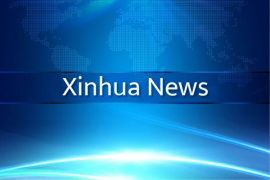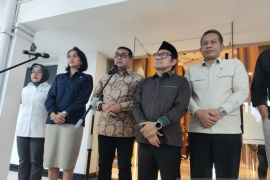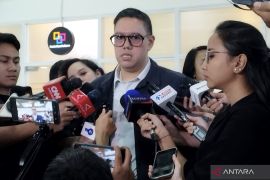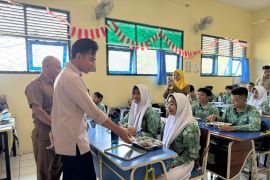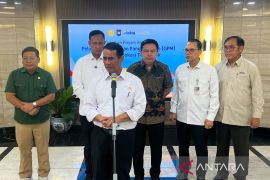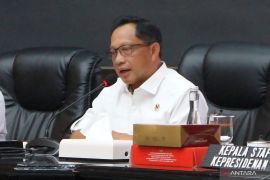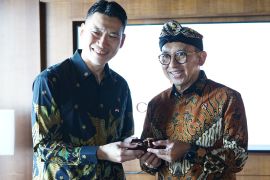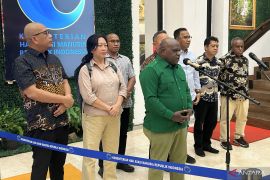He made the statement in Jakarta on Monday to respond to data from the Central Bureau of Statistics (BPS), which showed that Indonesia`s trade balance in 2017 had a surplus of US$11.84 billion.
In 2016, the export value of palm oil and its derivative products (excluding biodiesel and oleochemicals) amounted to $18.22 billion. This year, it skyrocketed to $22.97, up about 26 percent.
Arifin, who is a professor of the Faculty of Agriculture of the University of Lampung (Unila), admitted that he was not surprised by the figures released by the BPS, because the export volume of palm oil is directly proportional to production.
"I am not too surprised by the figures, because the export value of palm is directly proportional to the production, let alone the average price increase. Therefore, the trend of this export increase will still happen in 2018, as the weather is also supportive," he stated.
Nevertheless, he reminded businesses and the government that the issue of sustainability will continue to be an obstacle.
"This should be resolved, and the government should continue to conduct trade diplomacy; otherwise, this huge potential of foreign exchange could be lost, because this is one of the trade barriers, tariff barrier," he revealed.
In addition, the government must intensively open new export markets, such as countries in Central Africa, South Africa, the Russian fraction countries, countries in the Middle East, which are considered as prospective markets.
However, Arifin also warned that traditional export destinations, such as Western Europe, the US, Japan, India, Pakistan, and China, are not abandoned.
"We have to be smart in developing a potential new market and not negligent by leaving the traditional market, because if it is unavoidable, the opportunity will be lost," he stated.
According to him, various efforts to inhibit the growth of palm oil industry will continue to be launched due to increasingly tight competition in vegetable oil trade.
"In this condition, the government should be more observant in looking at the problems and not issuing regulations that actually hinder the development of palm oil industry, which, in fact, is the largest foreign exchange generator machine in supporting the national economy," Arifin pointed out.
Economist Bhima Yudhistira of the Institute for Development of Economics & Finance (Indef) explained that up to now Indonesia is still glued to traditional markets, which account for about 70 percent of the total export destination countries.
"We are still not open to new markets. Pakistan, Eastern Europe, South Africa, and North Africa also have high potential. Therefore, in 2018, we have to open alternative markets," he elaborated.
In addition, he added that the government should be able to carry out trade diplomacy with export destination countries, because each country always applies tariffs and non-tariff barriers. The United States, for example, currently implements more protective trade policies.
Currently, the US has implemented more than two thousand non-tariff barriers and China has four thousand non-tariff barriers, while Indonesia has only 299 non-tariff barriers.
"That is why we cannot get into their markets; we must strengthen trade diplomacy, both bilaterally and multilaterally, so that non-tariff barriers can be reduced," he revealed.
According to Bhima, Indonesia must maintain palm as a potential commodity, especially in trade dispute in the WTO forum.
The governments of Indonesia and Malaysia, as the two major palm oil-producing countries of world, must jointly conduct diplomacy.
The government should be more active in the WTO forum in order to win the face of trade disputes.
"After all, we lack an appeal team in the WTO. So, in the face of trade disputes, Indonesia should strengthen its appeal team. Our intelligence market is also lacking, which is very important," he concluded.
(A014/INE)
(T.A014/A/KR-BSR/A/H-YH)
Reporter: antara
Editor: Heru Purwanto
Copyright © ANTARA 2018
